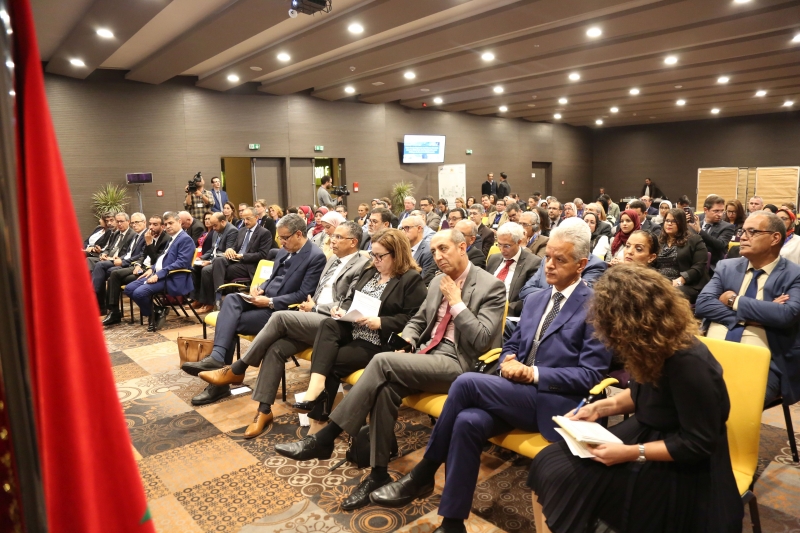100 participants, 12 countries, 2 days, 1 question: How do Algeria, Egypt, Jordan, Lebanon, Libya, Morocco, Tunisia, and Turkey translate their ambitious climate goals into concrete action in the buildings and construction sector?
The Global Alliance for Building and Construction (GlobalABC) and the Moroccan Ministry of National Spatial Planning, Urban Planning, Housing and Urban Policy, supported by the Programme for Energy Efficiency in Buildings (PEEB), organised this regional Round Table in Rabat, Morocco, on 22-23 October 2018.
It provided a platform to share strategies for:
- Nationally Determined Contributions (NDCs) targets for the building sector and NDC implementation;
- Resilience and Adaptation in the building sector;
- Measurement, Reporting and Verification for mitigation actions in the building sector;
- Financing needs and availabilities for energy efficiency measures in buildings that meet and exceed building code regulations.
Energy efficiency in buildings and construction is a hot topic for the countries of the region. There is an urgent need for action to mitigate emissions, but also for adaptation to a changing climate. According to GlobalABC's 2017 Global Assessment of the buildings and construction sector, the sector accounts for nearly 40% of global CO2 emissions. In the North African and Mediterranean region, the residential sector represents between 30% and 40% of the total energy efficiency potential, and no less than 50 million new residential buildings are to be built in the region by 2040.
The workshops identified two major short-term goals: the development and implementation of energy-efficient urban development strategies and the widespread integration of energy efficiency measures in new buildings. In the medium term, existing buildings should be targeted to reduce greenhouse gas emissions and address climate-related risks. Furthermore, the energy requirements of household appliances must be reduced and a general decarbonisation of energy supply must be pursued.
The Round Table in Morocco took place as part of the regional adaptation of the Global Roadmap for an energy-efficient, climate-resistant and low-CO2 building sector.


 more
more